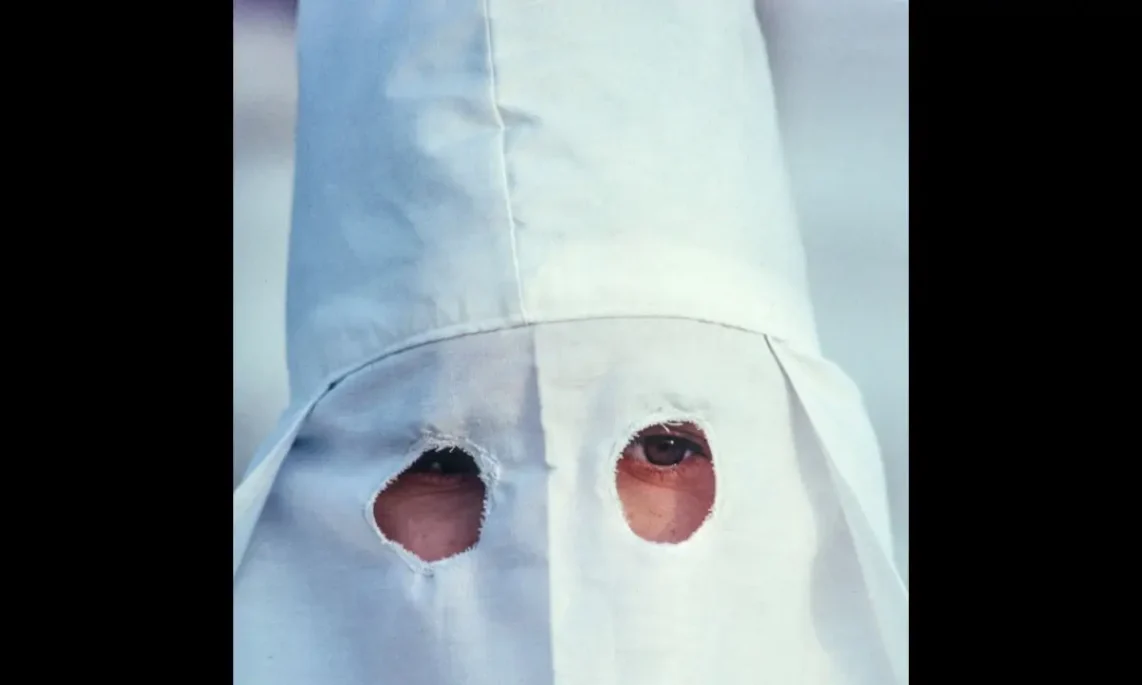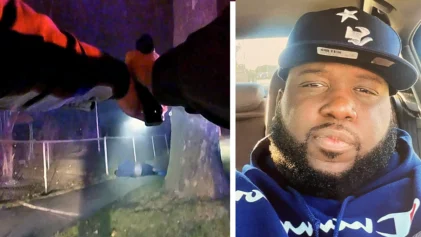A Black woman from New Jersey was awarded $20.5 million after a federal jury found she faced racial discrimination while working for a health company that provides home medical care services in State College, Pennsylvania.
Patricia Holmes, a former Pennsylvania resident who moved to New Brunswick, will receive $500,000 in compensatory damages and $20 million in punitive damages, under the ruling handed down April 17 in the U.S. Middle District Court of Pennsylvania, and later obtained by Atlanta Black Star.
Holmes filed the civil claim against American HomePatient, a subsidiary of Lincare, in 2021, claiming she was regularly exposed to a hostile workplace because of her race, which constituted a violation of federal law.

The abusive behavior she faced included casual use of the N-word in her presence, Holmes said in the legal claim, noting that a co-worker tried to intimidate her by mentioning the Ku Klux Klan, and one co-worker using the term “Coonie” to refer to a darker-skinned relative.
After the trial, jurors revealed that the alleged misconduct by American HomePatient center manager Timothy McCoy and his co-worker Beverly Hibbert played a pivotal role in their decision to rule in favor of Holmes.
During the trial, witnesses testified about several occasions when McCoy and Hilbert directed racial slurs or offensive remarks at Holmes. One comment in particular stood out during the trial, which was made by McCoy, who stated that it was ironic seeing “a Black person with a white hood over their head” as Holmes put on an airtight white hood as part of required test training on N95 masks during the pandemic.
McCoy made the “coon” remark to Holmes around Thanksgiving in 2019, when mentioning an uncle who was nicknamed “Coonie” because of his dark complexion.
Holmes was stunned by the comments and walked away in disbelief, her claim states.
When Holmes complained about the harassment, court documents show that McCoy was investigated and received a written reprimand for failing to address the unprofessional behavior in his office, which included racial slurs by Hibbert.
After receiving a final warning about using a racial slur during a conversation that made others uncomfortable, Hibbert was fired in 2020 for placing tape over her mouth, while claiming the tape was her way of ensuring she wouldn’t say something that could get her into more trouble.
Jurors found that American HomePatient failed to prevent or address racial harassment against Holmes, acted maliciously or recklessly toward her federally protected rights, and did not make a sincere effort to comply with laws against racial discrimination.
Holmes was the only Black employee at the company’s State College center when she was hired there as a customer service representative in October 2019. She stayed on the job for less than a year before turning in her resignation on July 14, 2020, citing intolerable working conditions.
Holmes’ attorney Thomas B. Anderson, of Pittsburgh, praised the jury’s decision in the case.
“From the time that Ms. Holmes first described this conduct to me, my immediate reaction was that it was outrageous,” Anderson told The Patriot-News in Harrisburg. “It is not conduct that is acceptable anywhere, including, and perhaps especially, in the workplace.”
American HomePatient issued a statement blasting the verdict, saying: “AHOM strongly disagrees with the verdict and especially disagrees with both the award and amount of punitive damages, which reflects a multiple of 40 times the compensatory damages.”
Before the trial started, Judge Matthew W. Brann ruled in favor of the health provider on Holmes’ claims of retaliation and constructive discharge, which were dismissed beforehand and had no bearing on the trial.


